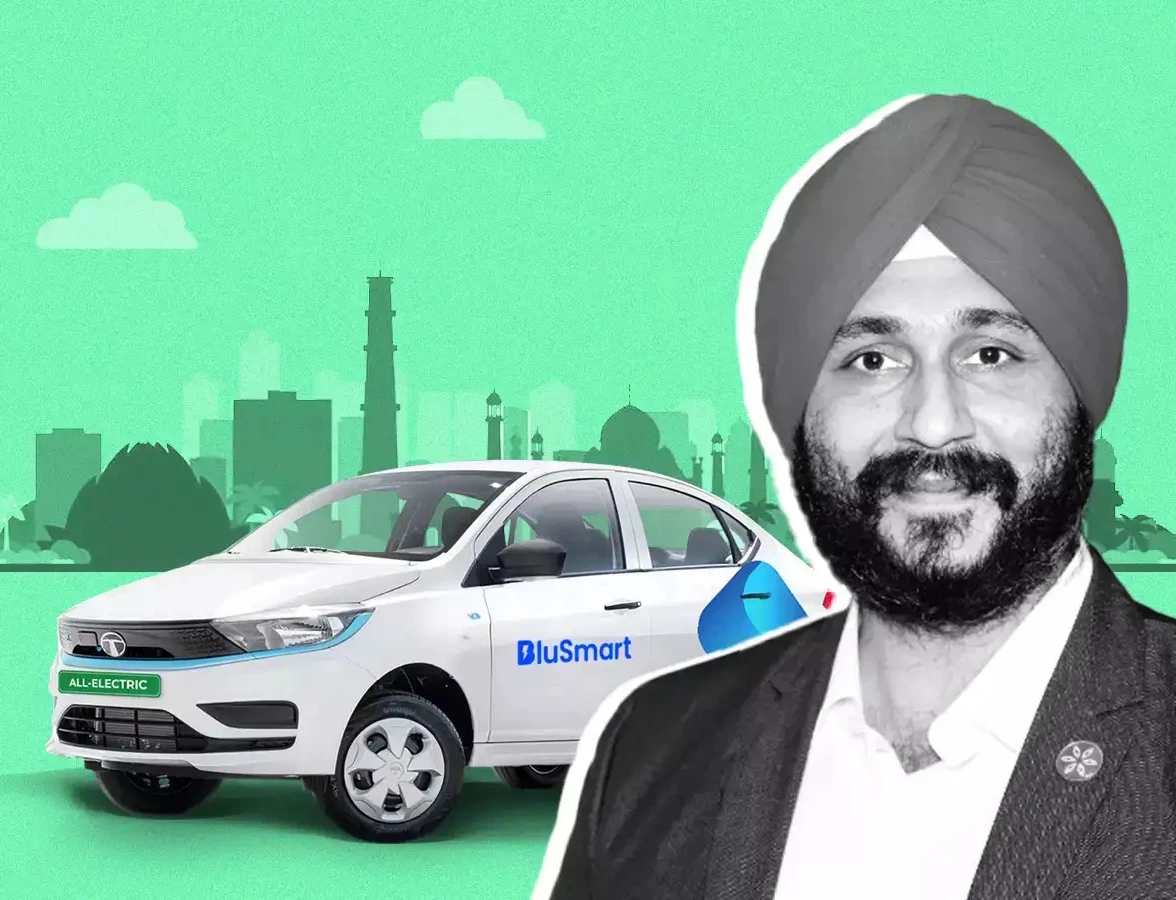
Founded in 2019, BluSmart quickly emerged as a popular electric ride-hailing service in India, positioning itself as a cleaner, more reliable alternative to Uber. With a fleet of over 8,000 electric cars, the company set high service standards—well-maintained vehicles, courteous drivers, and minimal cancellations. It gained a loyal customer base by offering a premium experience at only a slightly higher cost than its competitors. The announcement of its sudden shutdown sparked widespread disappointment on social media, with many users expressing frustration and sadness over the loss of a trusted service.
“As a frequent BluSmart user, the news of the service shutting down hits hard. Another service one got used to, lost to mismanagement,” one user posted on X.
While some customers reported receiving refunds from BluSmart’s digital wallet, others voiced concern about being told to wait up to 90 days.
Allegations, Mismanagement, and Financial Troubles
The shutdown in Delhi, Mumbai, and Bengaluru followed serious allegations by India’s Securities and Exchange Board (SEBI). The regulator accused BluSmart founders Anmol Singh Jaggi and Puneet Singh Jaggi of diverting loans—intended to fund EV leasing—to purchase luxury apartments and golf equipment.
Unlike traditional cab aggregators that lease cars from individual drivers, BluSmart leased its entire fleet through corporate entities—mainly from Gensol Engineering Limited (GEL), a stock-listed solar energy and EV leasing firm also operated by the Jaggi brothers.
Last month, credit rating agencies CARE Ratings and ICRA downgraded GEL’s investment grade, citing BluSmart’s defaults on payments. ICRA further reported delays in GEL’s debt servicing, falsified loan records, and weak corporate governance, raising red flags about the company’s financial health.
With a worsening funding crunch, GEL reportedly sought to sell about 3,000 electric vehicles initially purchased for BluSmart, shaking the ride-hailing business at its core.
Collapse, Regulatory Fallout, and an Uncertain Future
SEBI’s investigation revealed deeper structural issues, stating there was “a complete breakdown of internal controls and corporate governance norms” at GEL. The regulator noted that company funds were treated like “the promoters’ piggy bank,” with money being routed to related parties and spent on unrelated personal expenses.
The risk extended beyond BluSmart, as the leased vehicles were financed by state-backed lenders like the Indian Renewable Energy Development Agency Ltd (IREDA), now facing potential losses.
Following SEBI’s order, the Jaggi brothers resigned from GEL’s board and were barred from stock market activities. The leadership crisis worsened as BluSmart’s CEO and CTO also stepped down.
Investor losses have been steep—GEL’s stock price has crashed by 90% over the past year. Corporate governance experts have pointed to repeated failures in oversight across Indian startups. While BluSmart may be “collateral damage,” some argue the company’s business model was always shaky, amid continuous losses, rising competition, and slowing consumer spending.
GEL has announced plans to stabilize operations and appoint a forensic auditor to review its accounts and those of related entities. However, it remains uncertain whether BluSmart’s services will return.







